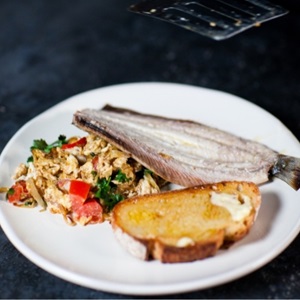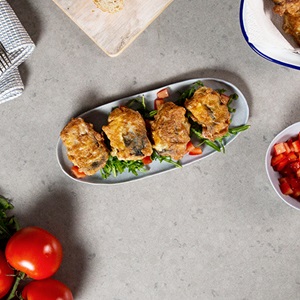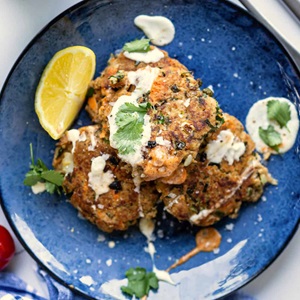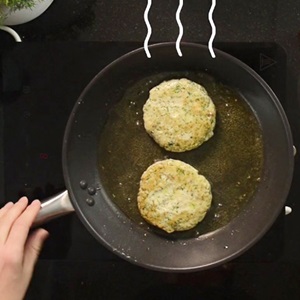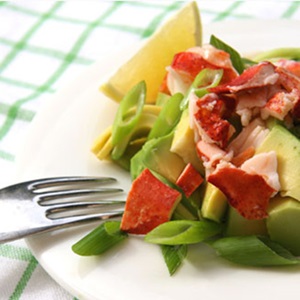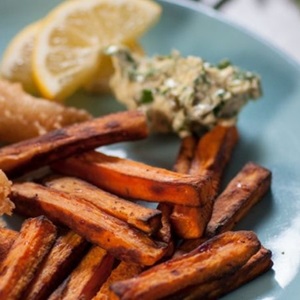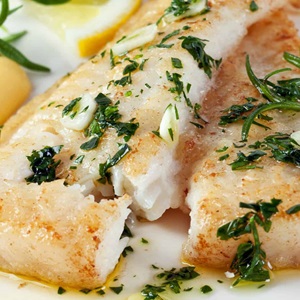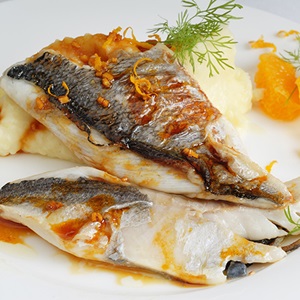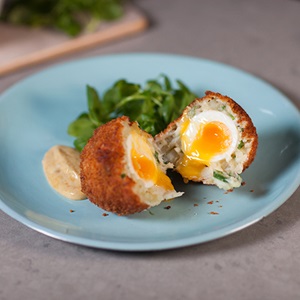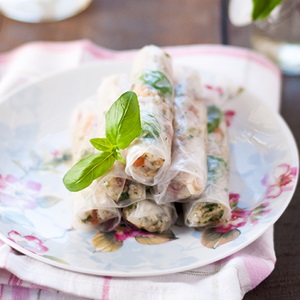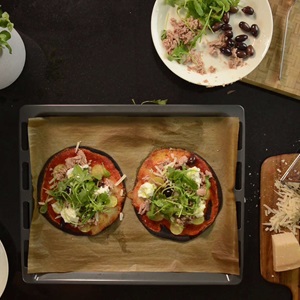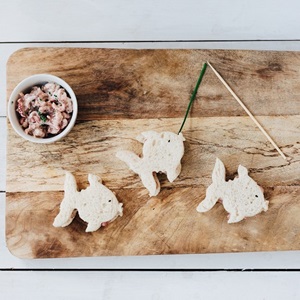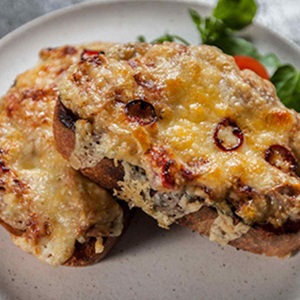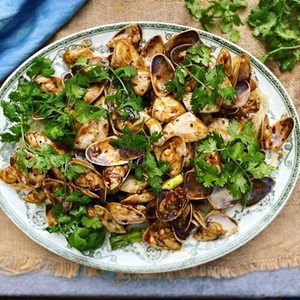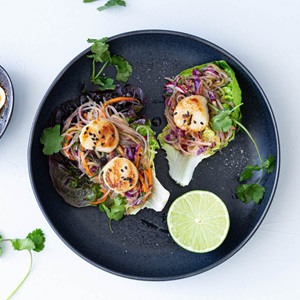Super seafood is certified to the world's best seafood standards for people and the planet. Look for the green ASC and blue MSC labels to be sure.
What is Super Seafood?
When you make a Super Seafood choice, you're choosing seafood that comes from an ASC-certified farm or an MSC-certified fishery.
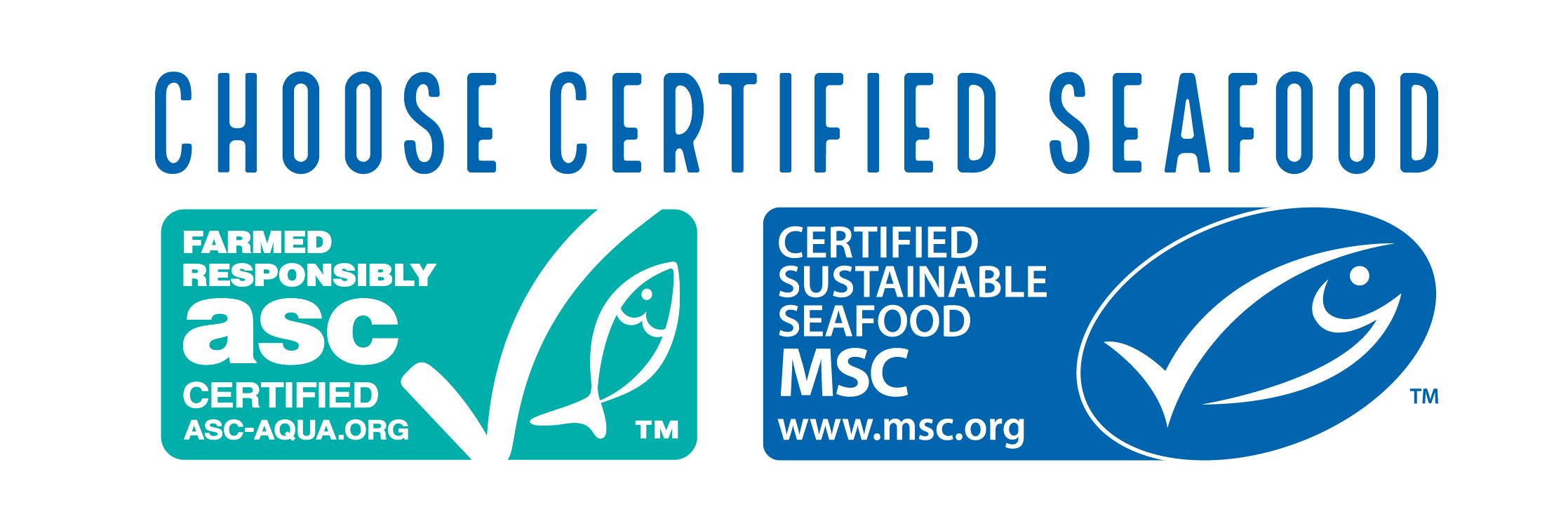
The Aquaculture Stewardship Council (ASC) and the Marine Stewardship Council (MSC) share a common heritage and vision that global seafood supplies should be sustainable, responsibly managed, and supported by secure supply chains. The MSC’s focus is sustainable capture of wild seafood and the ASC sets standards for responsible aquaculture.
Why choose MSC certified seafood?
Dr Joanna McMillan, a PhD-qualified nutrition scientist and accredited practising dietitian, helps people to follow more sustainable diets while looking after their nutrition at the same time.
According to Dr Joanna McMilan, most seafood hits the mark nutritionally, providing key nutrients, including many that are often low in typical Western diets, such as long-chain omega-3 fats, iodine, selenium, and vitamin D. But when choosing seafood, we also want to make sure we tick the boxes for sustainability.
Two key ways to do that are by looking for the MSC or ASC labels and by ensuring we don’t have any food waste.
Canned and frozen seafood ticks all the boxes
That’s where canned and frozen seafood comes in nicely. Today, seafood is snap-frozen on the day it is caught, locking in nutrients and preserving the quality of the fish. While canning works especially well for molluscs, oily fish, and crab, making it easy to have these foods in your pantry and regularly slot them into your weekly menu. While fresh seafood is wonderful, stocking both your freezer and pantry with frozen and canned seafood awarded the MSC blue fish tick or ASC tick for farmed seafood ensures your choices will nourish you while also looking after our oceans and waterways.
Tasty recipes with a purpose
Discover easy, delicious, and sustainable seafood recipes made with MSC certified Super Seafood. Whether you're cooking for a quick midweek meal or a special occasion, these recipes celebrate seafood that's good for you and the ocean. From crispy fish tacos to hearty salmon pastas, each dish features sustainably caught seafood that meets the world’s highest standard for environmental responsibility. Look for the blue fish tick when shopping and enjoy super tasty meals with a super positive impact.
Super simple, super delicious
Try our MSC certified seafood recipes – a sustainable way to enjoy fresh, delicious meals while supporting healthy oceans.
Want more inspiration? Check out our sustainable seafood guide or explore seafood recipes for your next meal.
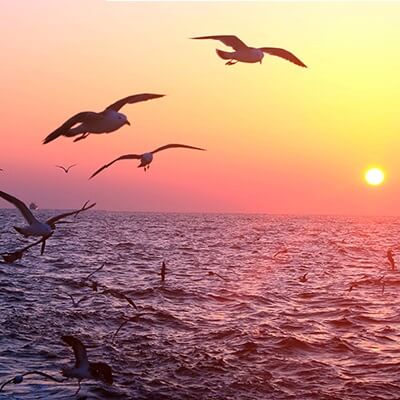
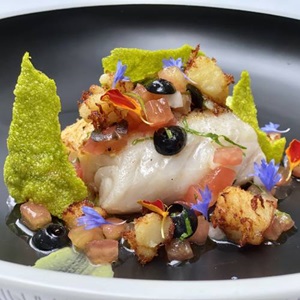
Enjoy a sustainable seafood dinner with the family
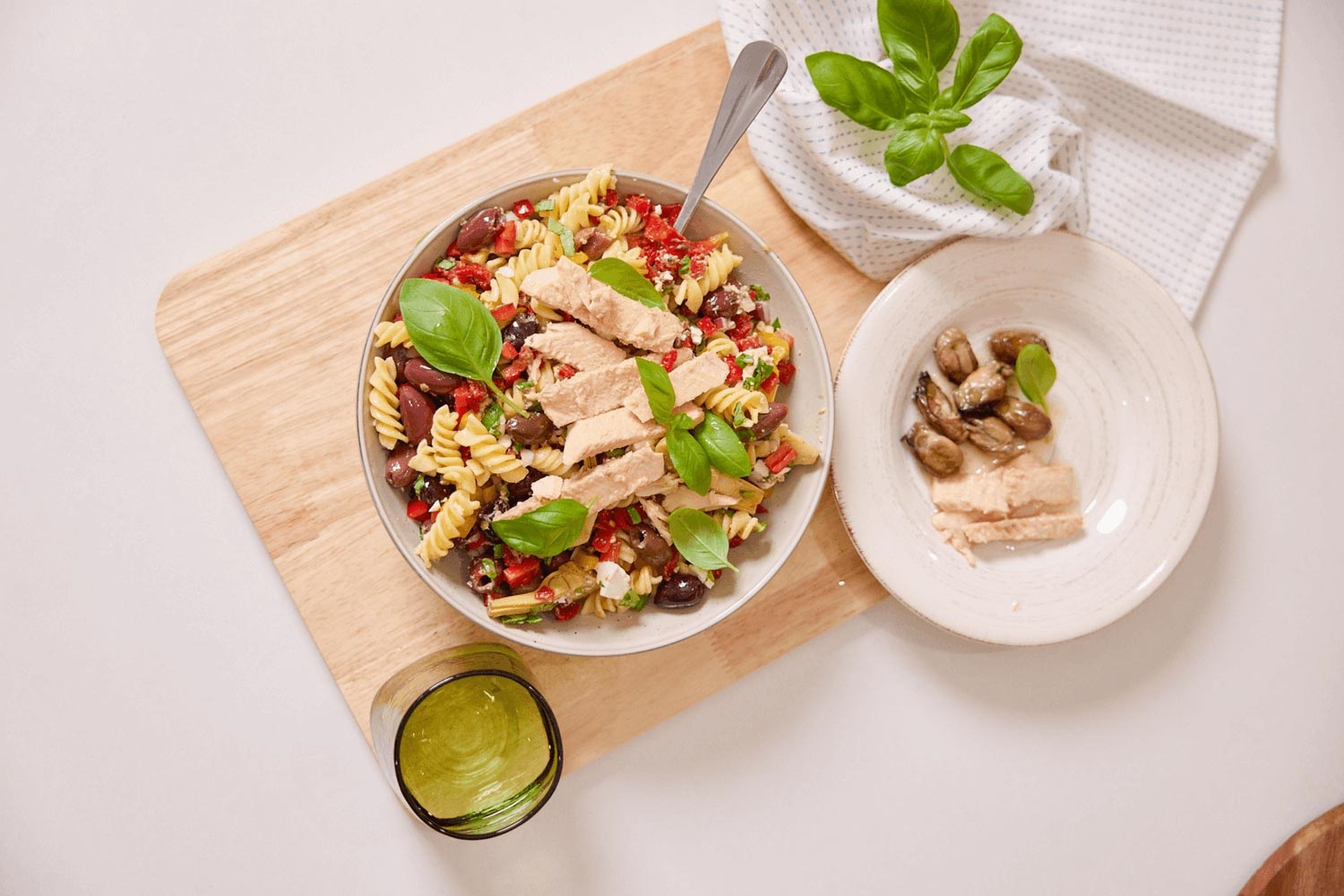
How you can support sustainable fishing
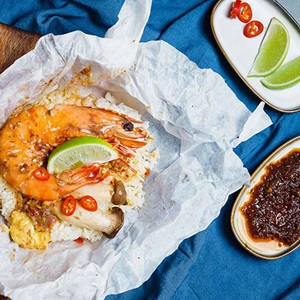
Get cooking with Super Seafood
Top Aussie chefs share their top sustainable seafood recipes.
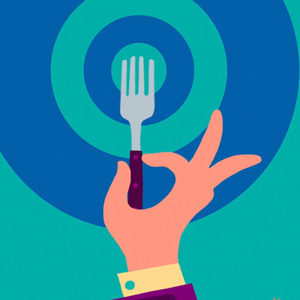
Learn how to make a difference with every meal
Understand why we must rely on responsibly farmed and wild sustainable seafood to feed a growing world population

Find MSC certified seafood near you
Discover the best places nearby to buy seafood in Australia and New Zealand that is also sustainable.


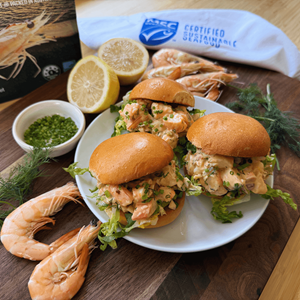









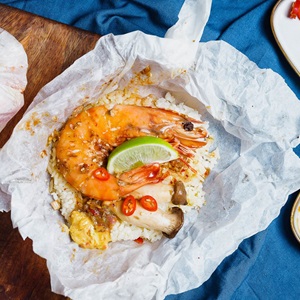


.tmb-thumb300.jpg?Culture=en-AU&sfvrsn=f26ca553_1)
.tmb-thumb300.jpg?Culture=en-AU&sfvrsn=2e161392_1)

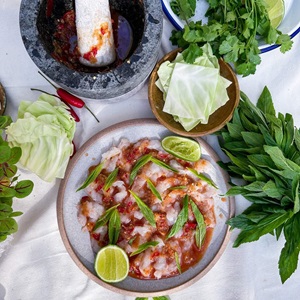




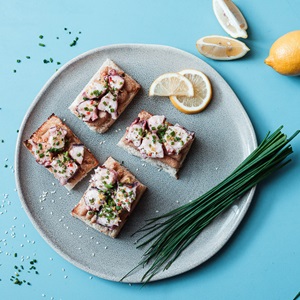
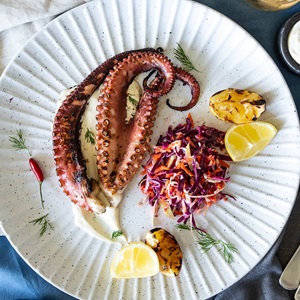
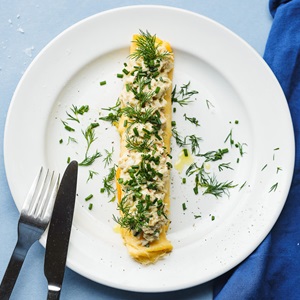
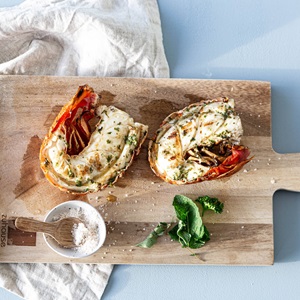
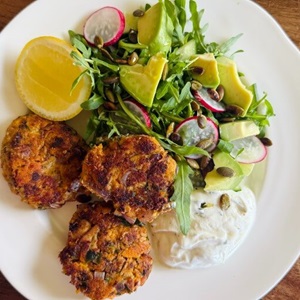
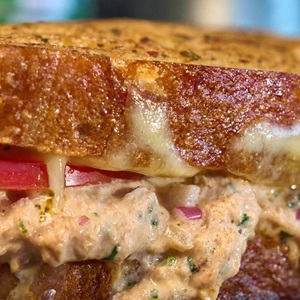
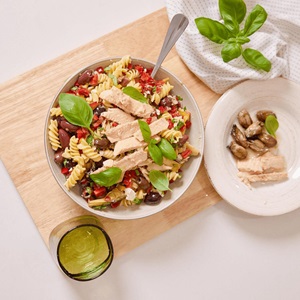
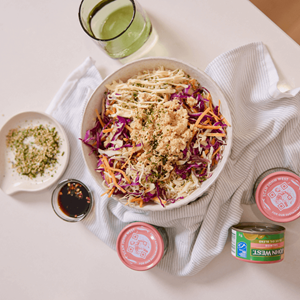
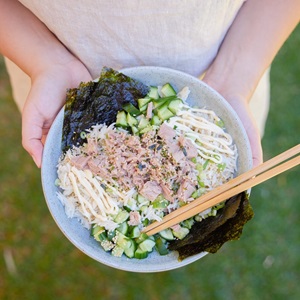
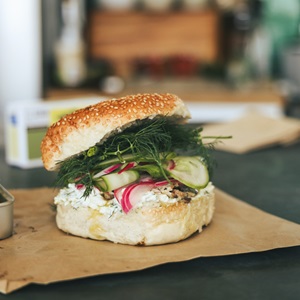
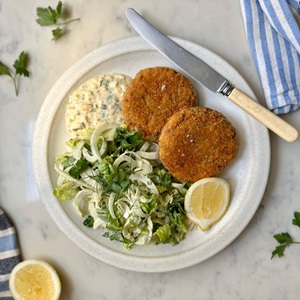
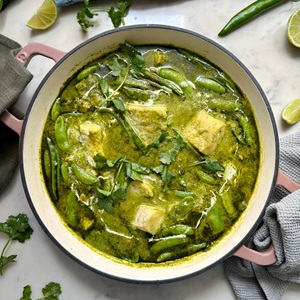
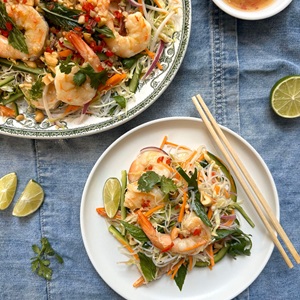
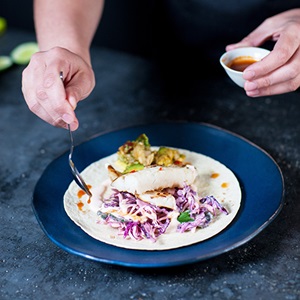
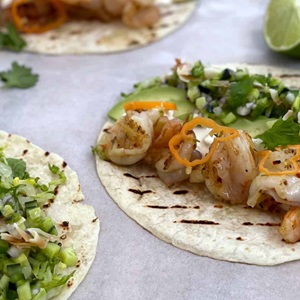
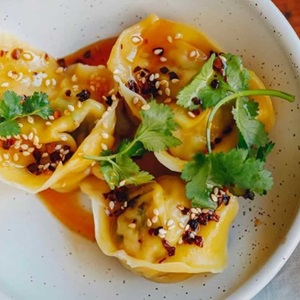
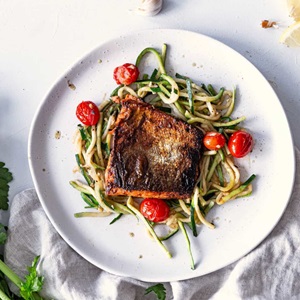
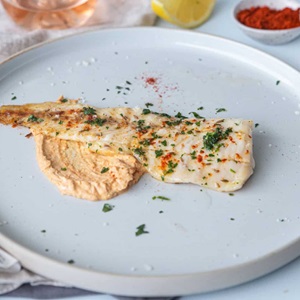
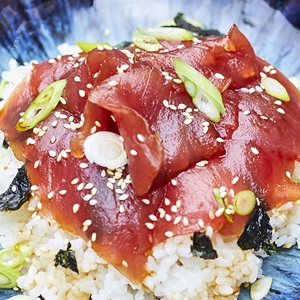
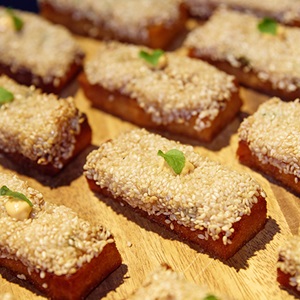
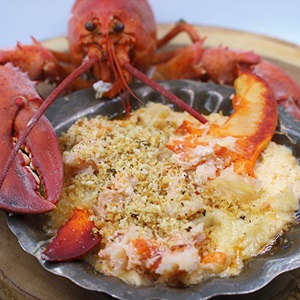
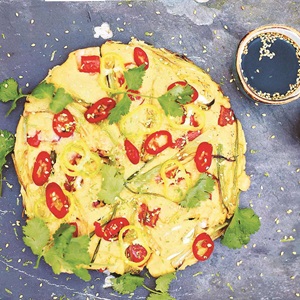
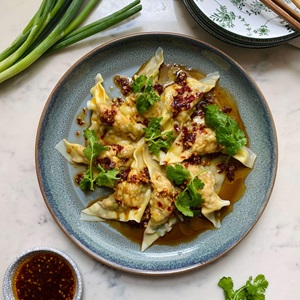
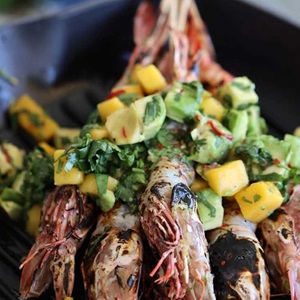
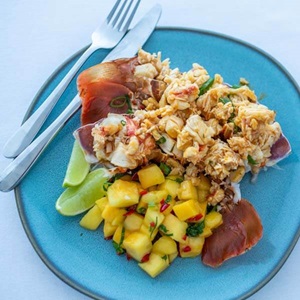
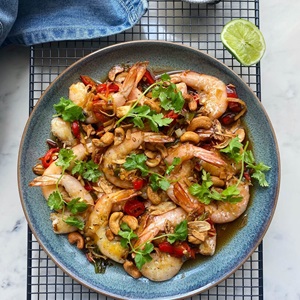
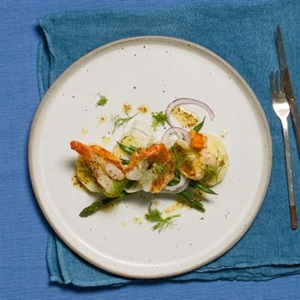
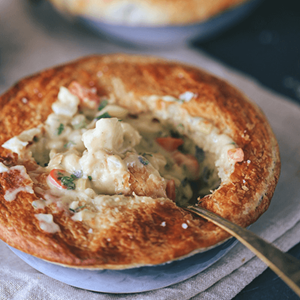
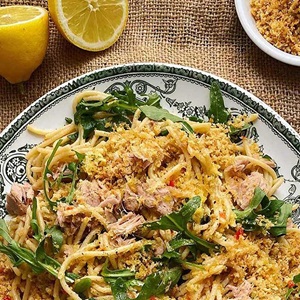
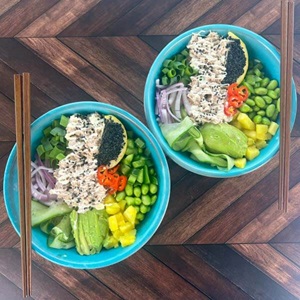

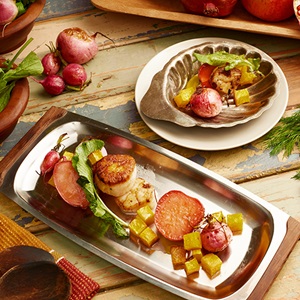
-recipe-header.tmb-thumb300.jpg?Culture=en&sfvrsn=18a47775_1)
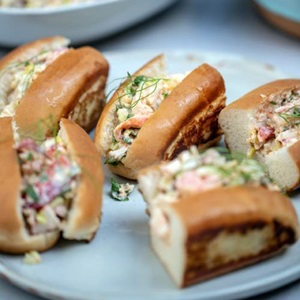
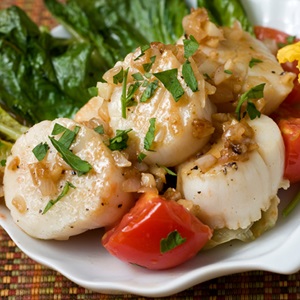
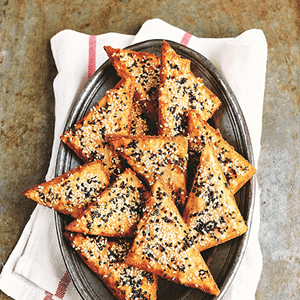
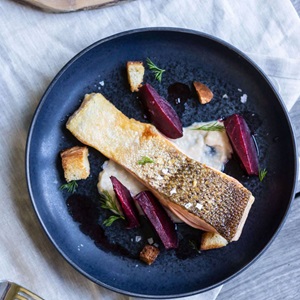
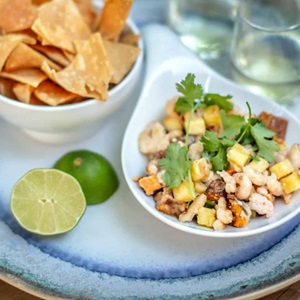
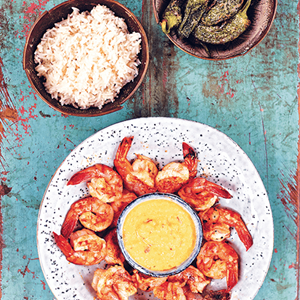
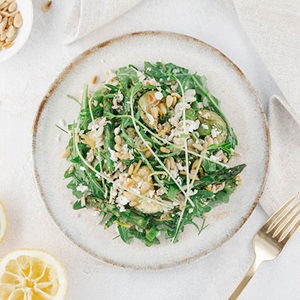
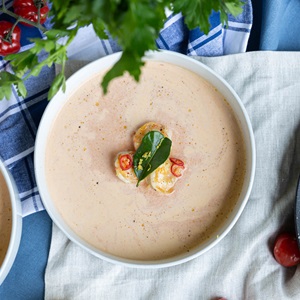
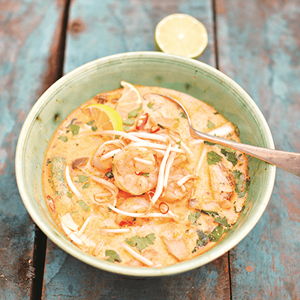
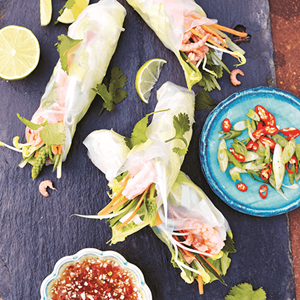
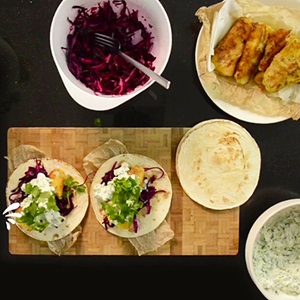
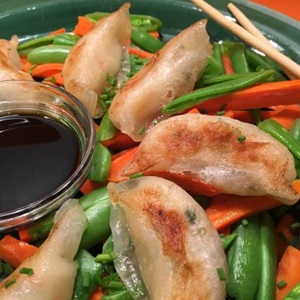
.tmb-thumb300.jpg?Culture=en-AU&sfvrsn=826a6414_1)
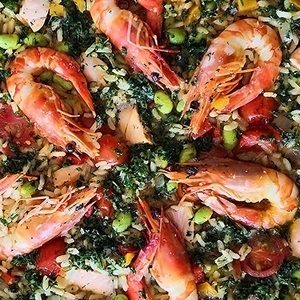

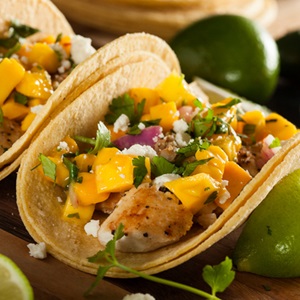
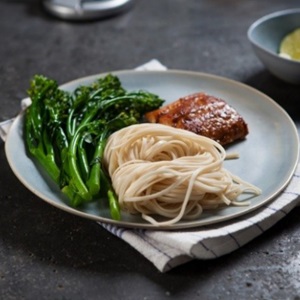
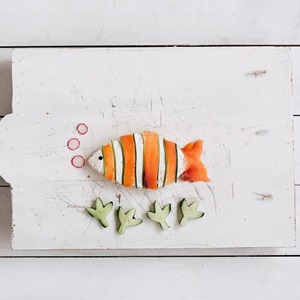
.tmb-thumb300.png?Culture=en-AU&sfvrsn=70197b74_1)
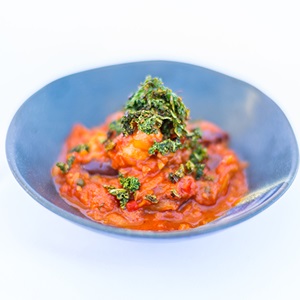
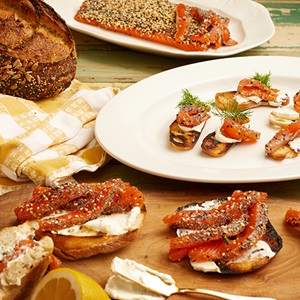
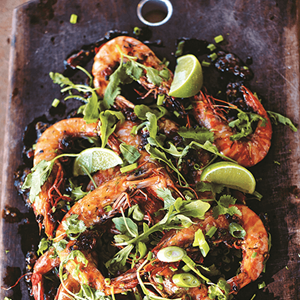
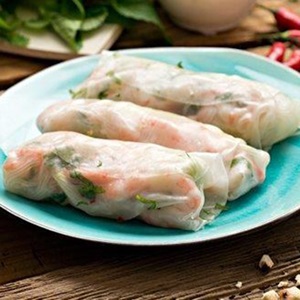
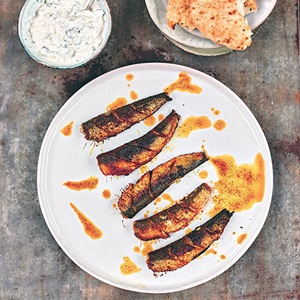
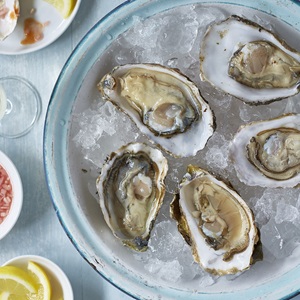
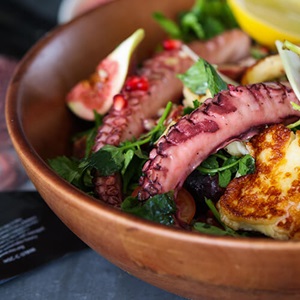
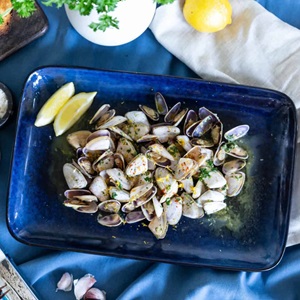
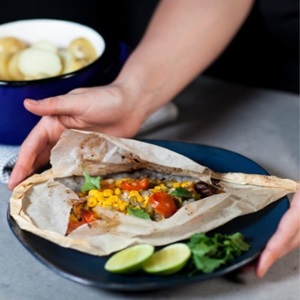
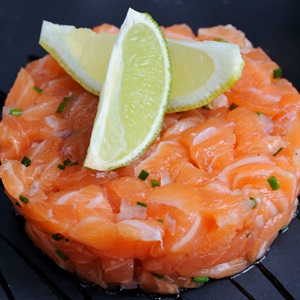
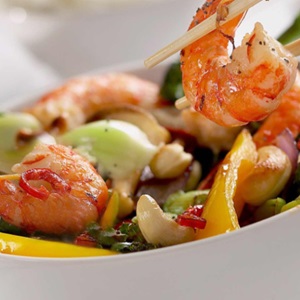
.tmb-thumb300.jpg?Culture=en&sfvrsn=1b24230c_2)
